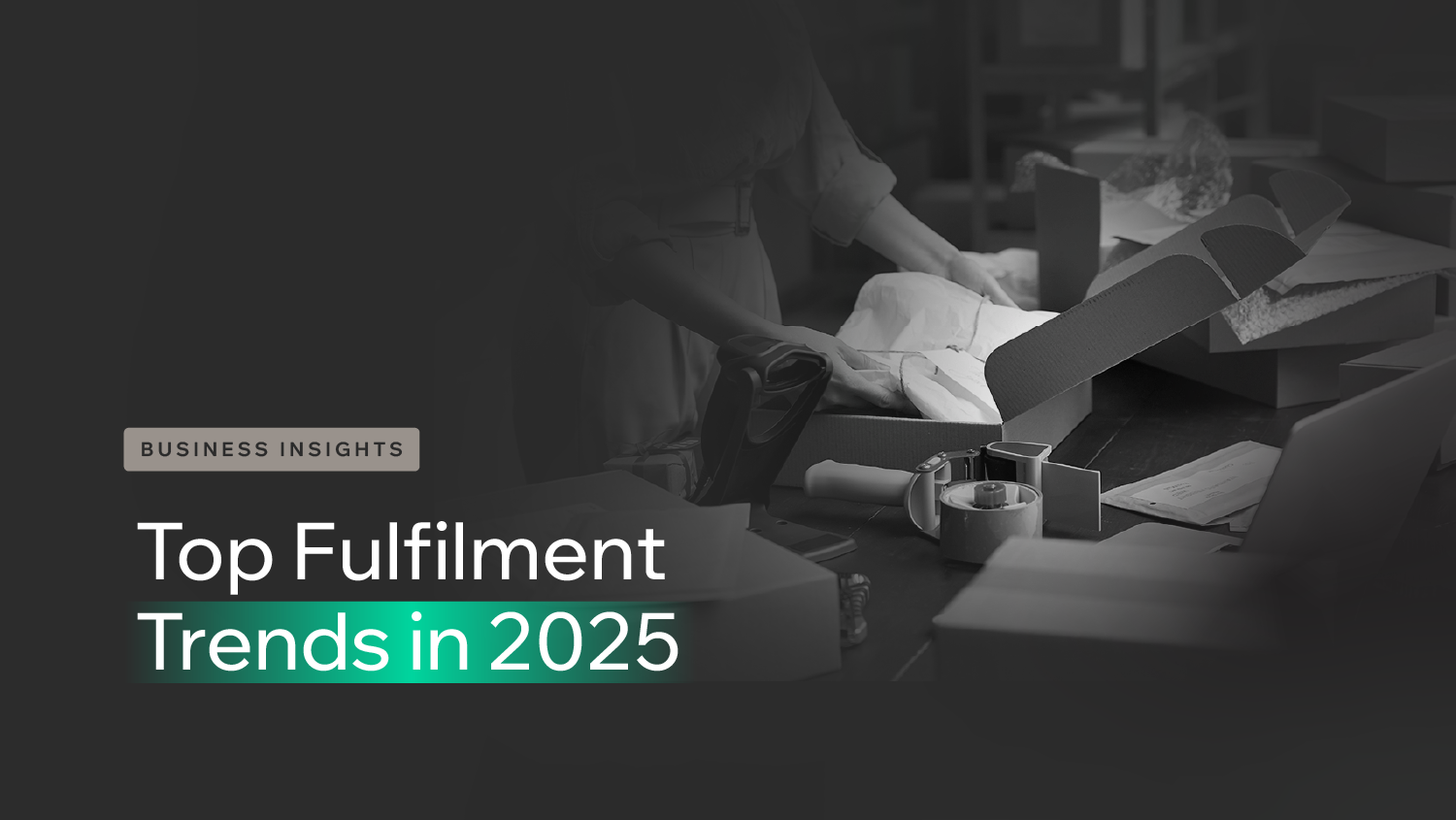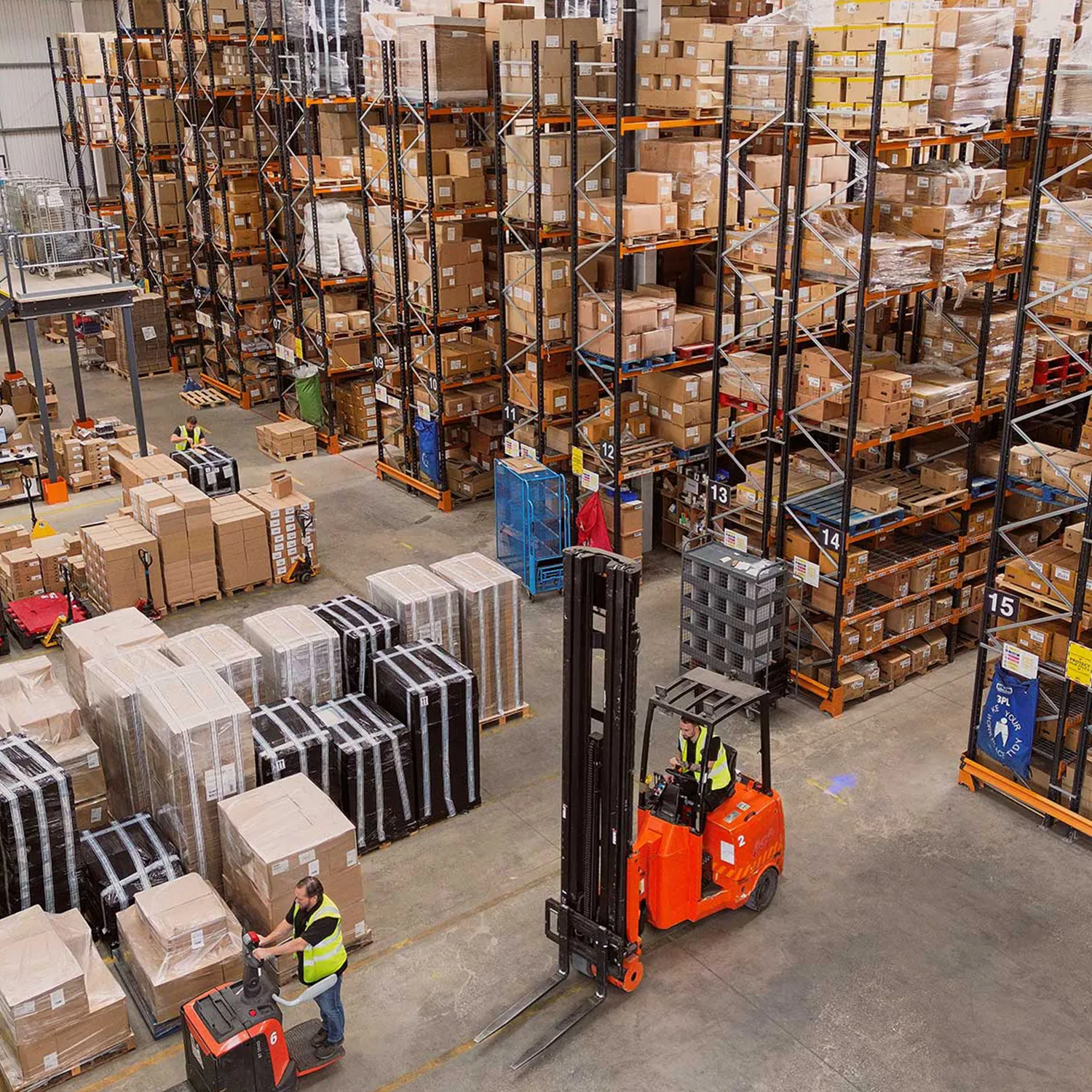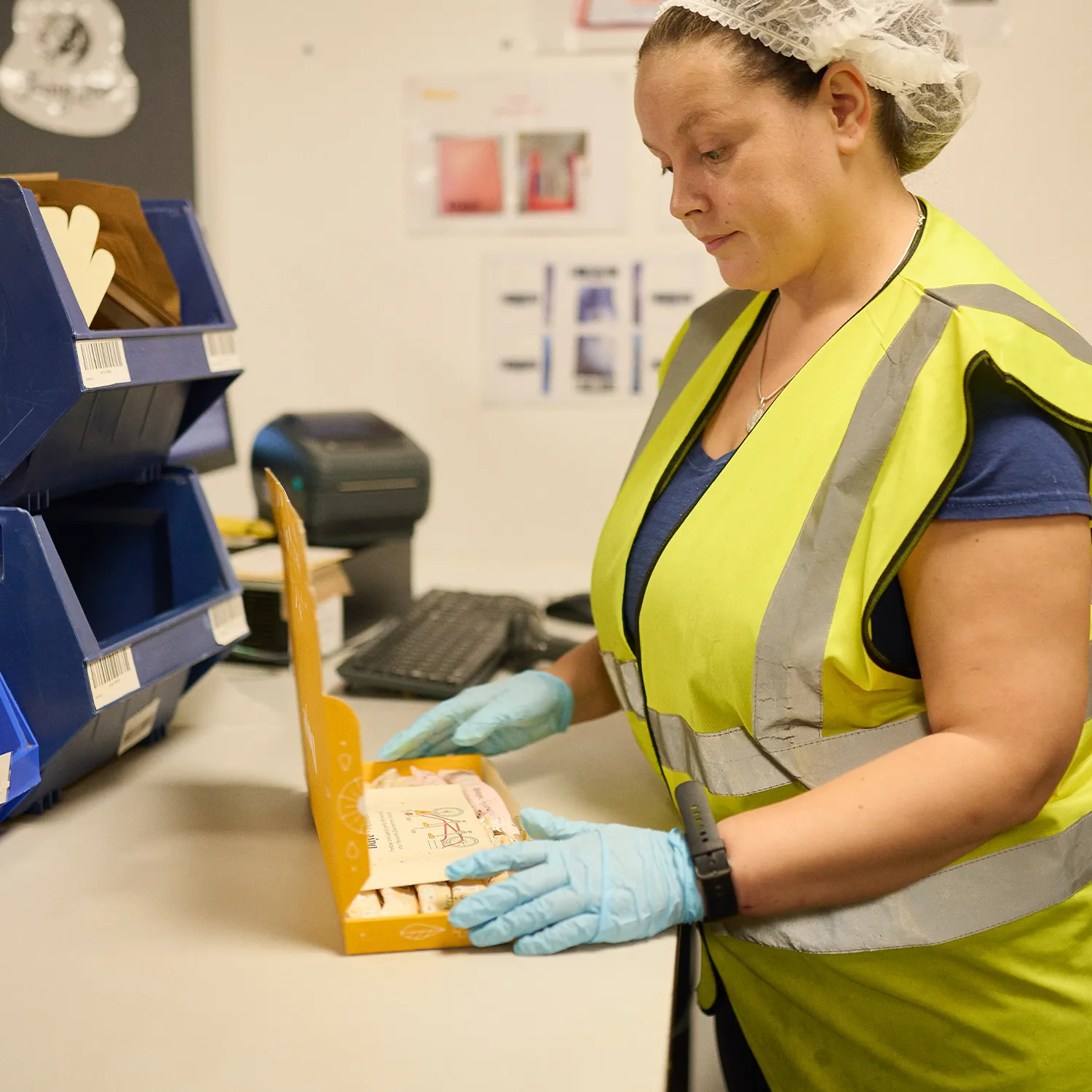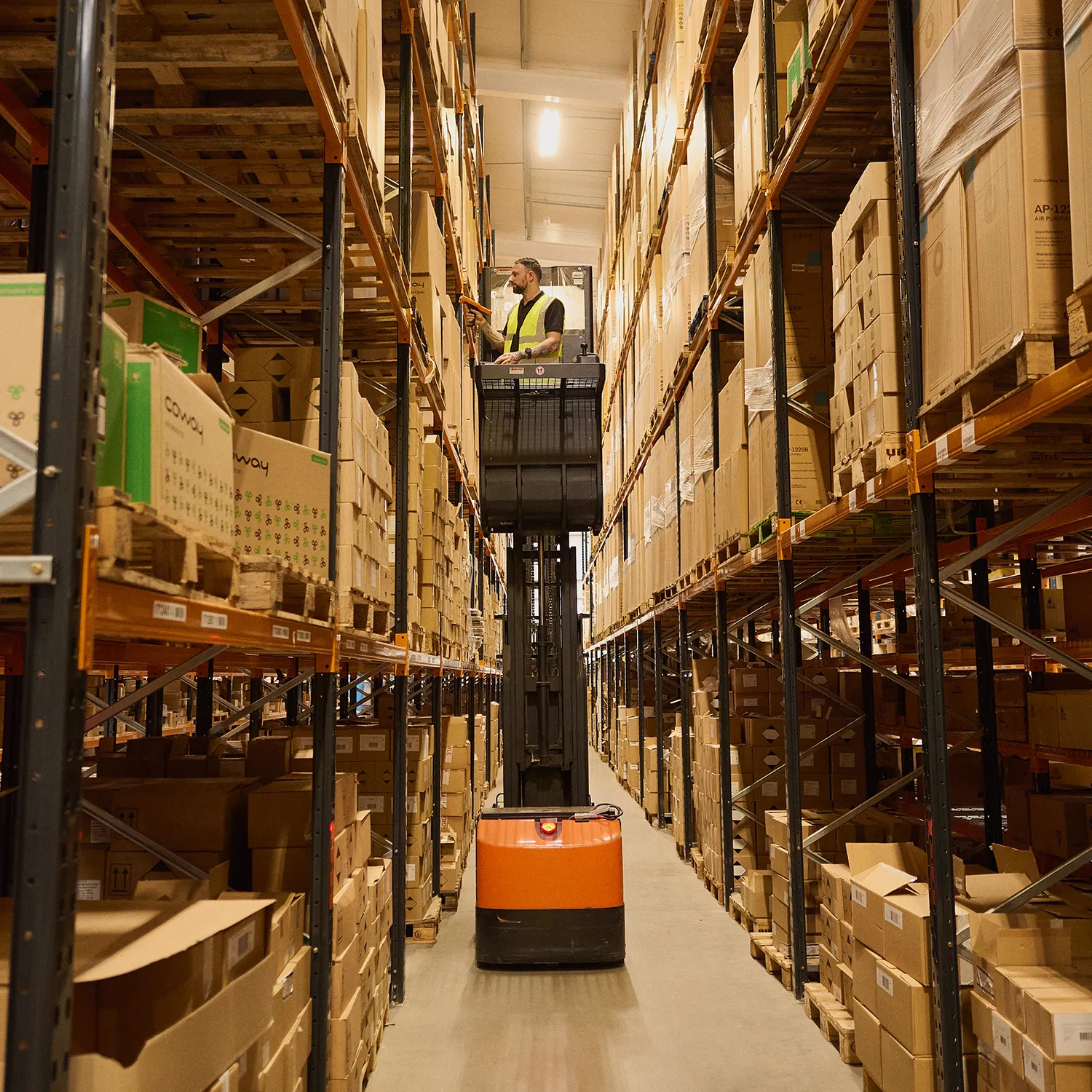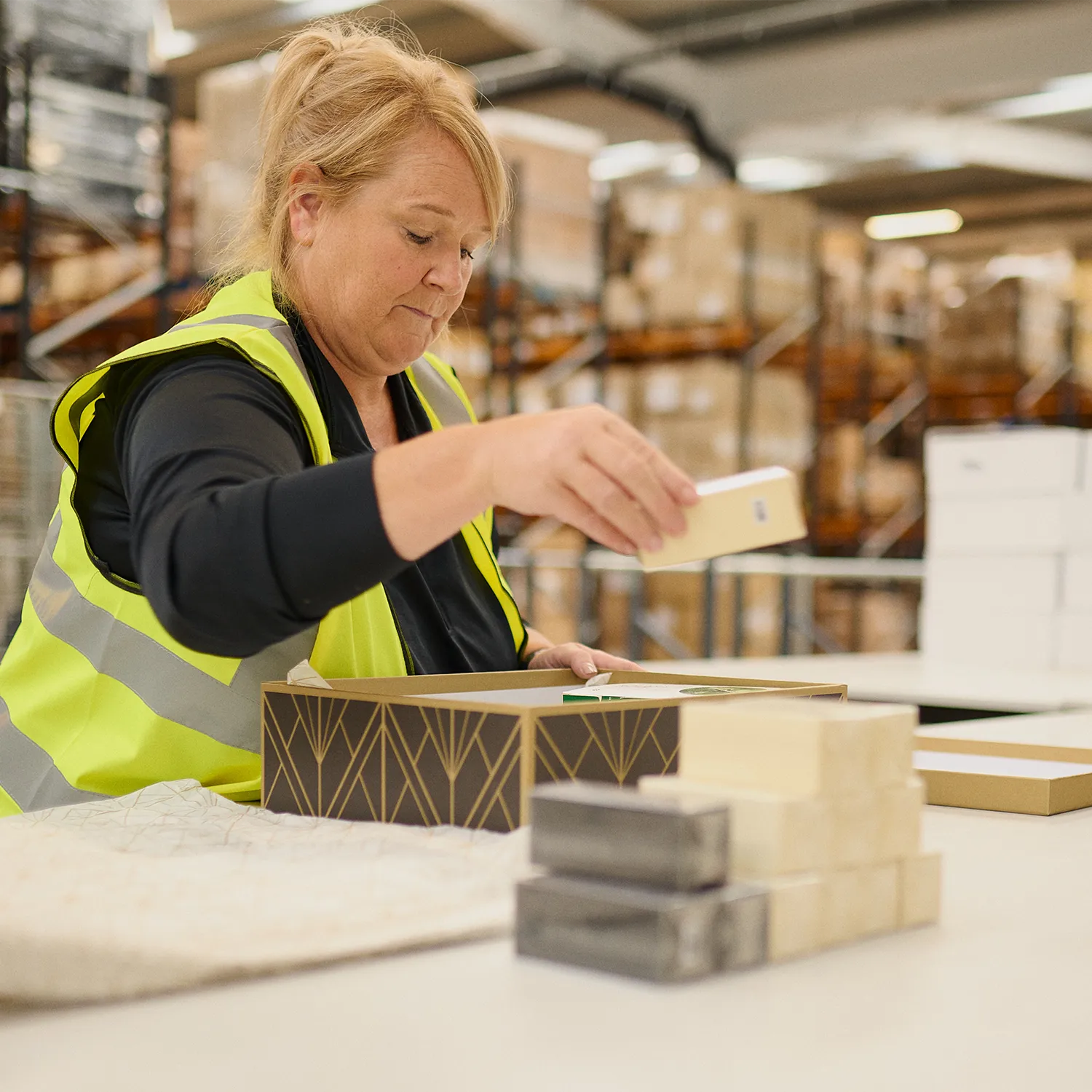Article Overview
As we step into 2025, the eCommerce landscape continues to evolve, shaped by rapidly changing customer expectations, technological advancements, and a growing emphasis on sustainability. For businesses, keeping pace with these trends isn’t just about staying competitive – it’s about thriving in a marketplace that demands agility and innovation. From faster delivery options to AI-powered processes, eCommerce fulfilment is undergoing a transformation that businesses can’t afford to ignore.
In this blog, we explore the top trends in eCommerce fulfilment for 2025, offering insights into how you can adapt and optimise your operations for success.
Sustainability Takes Centre Stage
Sustainability is no longer a buzzword; it’s a fundamental expectation for eCommerce businesses. Consumers are increasingly scrutinising the environmental impact of their purchases, and companies that fail to prioritise sustainability risk losing market share.
In 2025, sustainability in fulfilment goes beyond eco-friendly packaging. Businesses are rethinking their entire supply chain, adopting circular practices such as refurbishing returned goods and recycling materials. Many are investing in carbon-neutral shipping options, reducing emissions through optimised delivery routes and greener transportation methods. Companies are also implementing energy-efficient warehouse solutions, such as LED lighting and renewable energy sources, to minimise their carbon footprints.
These efforts aren’t just about meeting customer expectations – they’re also about cost savings. Efficient packaging and optimised shipping can reduce waste and lower expenses. By embedding sustainability into your fulfilment strategy, you’re not only contributing to the planet but also building a brand that resonates with today’s conscious consumers.
Faster Delivery Becomes the Norm
Gone are the days when customers were content with standard delivery times. In 2025, speed is the name of the game, and same-day or next-day delivery is fast becoming the standard. The challenge for businesses is how to meet these expectations without compromising profitability.
One solution is the rise of micro-fulfilment centres – small, decentralised warehouses located closer to urban areas. These facilities enable businesses to shorten delivery times while reducing last-mile logistics costs. Another critical factor is providing transparency. Customers now expect real-time updates on their orders, from the moment they click “buy” to the second their package arrives.
Flexibility is also key. Offering options such as click-and-collect, locker pickups, and even eco-friendly scheduled deliveries not only caters to individual preferences but also strengthens customer loyalty. Meeting these demands requires careful planning and investment, but the payoff is undeniable – fast, flexible delivery can be a major differentiator in a crowded market.
AI and Automation Redefine Fulfilment
The role of artificial intelligence (AI) and automation in eCommerce fulfilment is no longer futuristic; it’s firmly embedded in today’s operations. AI is helping businesses predict demand more accurately, optimise inventory levels, and even streamline supply chains by analysing massive amounts of data in real time.
Automation is revolutionising warehouses, with robotics taking over repetitive tasks such as picking and packing. These systems not only improve accuracy but also reduce labour costs, allowing businesses to scale efficiently. For example, automated sorting systems can process thousands of orders daily with minimal human intervention, significantly speeding up order fulfilment.
But it’s not just about operational efficiency. AI is also enhancing the customer experience through smarter recommendations and chatbots that provide immediate support for order tracking and returns. In 2025, businesses that embrace AI and automation will find themselves better equipped to handle fluctuating demand and deliver seamless service.
Personalisation Drives Customer Loyalty
In a world where customers are inundated with choices, personalisation is a powerful way to stand out. It’s no longer enough to deliver a product; customers want an experience that feels tailored to them.
This trend is particularly evident in packaging. Imagine receiving a package with a personalised thank-you note or an unexpected free sample based on your previous purchases. These small touches can make a big difference, turning one-time buyers into loyal advocates. Subscription services are also capitalising on personalisation, offering curated experiences that cater to individual tastes.
The key to personalisation lies in data. By analysing customer preferences and purchase history, businesses can create targeted marketing campaigns and tailor their fulfilment processes. The result? Happier customers who are more likely to return.
Omnichannel Fulfilment Becomes Essential
Customers no longer distinguish between online and offline shopping; they expect a seamless experience across all channels. For eCommerce businesses, this means adopting an omnichannel approach to fulfilment.
Unified inventory management systems play a crucial role here, ensuring that stock levels are synchronised across online stores, physical locations, and marketplaces. This prevents issues like overselling or delays in order fulfilment. Similarly, streamlined returns processes are essential for maintaining customer satisfaction, whether the purchase was made online or in-store.
An omnichannel strategy isn’t just about logistics—it’s about creating a cohesive brand experience. Whether a customer is browsing your website, visiting a pop-up store, or shopping through a third-party marketplace, they should receive consistent service and messaging. In 2025, businesses that master omnichannel fulfilment will have a significant advantage in building customer loyalty.
Adapting for the Future
The trends shaping eCommerce fulfilment in 2025 – sustainability, speed, AI, personalisation, and omnichannel strategies – represent not just challenges but also opportunities. Businesses that embrace these changes can streamline operations, enhance customer satisfaction, and stay ahead in an increasingly competitive market.
At 3PL, we’re at the forefront of eCommerce fulfilment innovation. From AI-driven insights to sustainable practices, our solutions are designed to help your business thrive. If you’re ready to adapt and optimise your fulfilment strategy for 2025, contact us today to see how we can support your growth.
Speak to 3PL about your eCommerce order fulfiment
It’s time to supercharge your ecommerce brand business and overtake your competitors. Speak to 3PL today and find out how we can take your ecommerce fulfilment to the next level.
